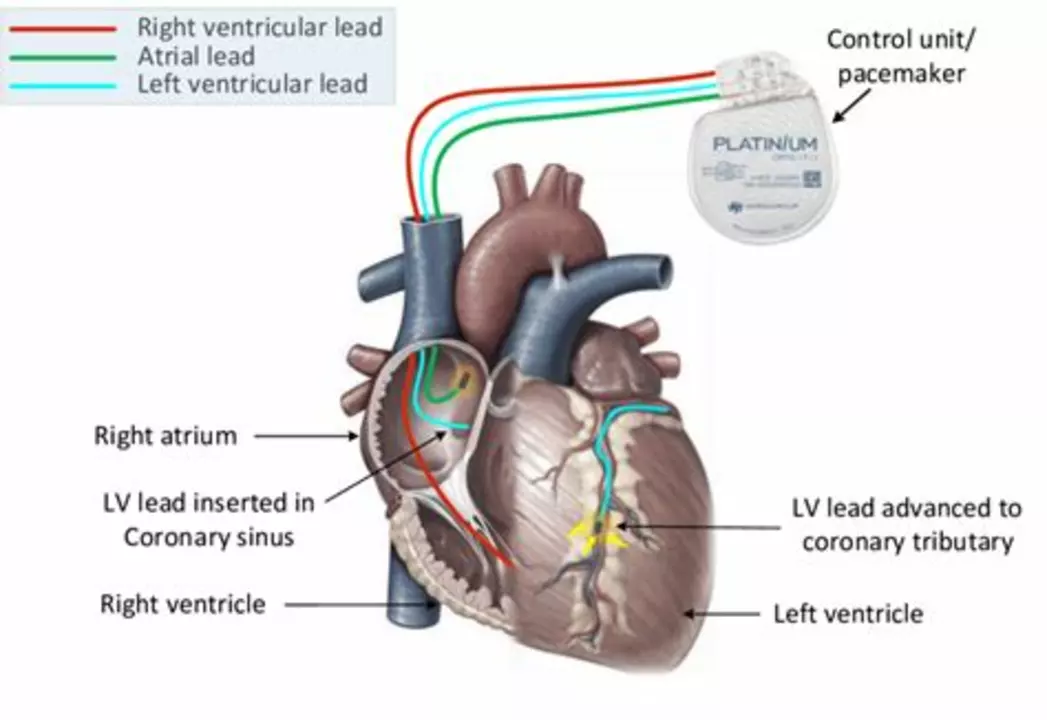Sleep Apnea: What It Is, How It Affects You, and Ways to Fix It
If you wake up feeling groggy or notice loud snoring that stops and starts, sleep apnea might be the culprit. It’s a condition where breathing pauses during sleep, sometimes for seconds, sometimes longer. Those pauses lower oxygen levels and trigger brief awakenings, leaving you tired even after a full night.
Most people don’t realize they have it because the interruptions happen deep in the night. Partners often hear the snoring or choking sounds first. If you’ve been told you stop breathing while sleeping, that’s a red flag worth checking with a doctor.
Common Signs You Shouldn't Ignore
The classic sign is loud, persistent snoring followed by gasps or pauses. Other clues include morning headaches, dry mouth, and feeling irritable during the day. Even if you’re not overweight, you can still develop sleep apnea—neck size and facial structure matter too.
Weight gain can make it worse because extra tissue around the throat narrows the airway. Alcohol or sedatives relax those muscles even more, so avoid them close to bedtime. If you’ve tried lifestyle tweaks but still feel exhausted, it’s time for a sleep study.
Treatment Options That Actually Work
The first line of defense is often Continuous Positive Airway Pressure (CPAP). It’s a machine that pushes gentle air into your airway to keep it open. Some people find the mask uncomfortable at first, but modern designs are lighter and quieter.
If CPAP isn’t your style, there are alternatives like oral appliances that reposition the jaw, or positional therapy that keeps you sleeping on your side. In severe cases, surgery can remove excess tissue or adjust structures to widen the airway.
Beyond devices, lifestyle changes help a lot. Losing even 10% of body weight can cut apnea events in half. Regular exercise, quitting smoking, and keeping sleep times consistent also improve breathing patterns at night.
Remember, untreated sleep apnea raises risks for high blood pressure, heart disease, stroke, and diabetes. It’s not just about feeling sleepy; it’s a serious health issue that can shorten your life if ignored.
If you suspect sleep apnea, talk to your doctor about a home sleep test or a referral to a sleep center. The sooner you get diagnosed, the quicker you’ll feel more rested and healthier.




